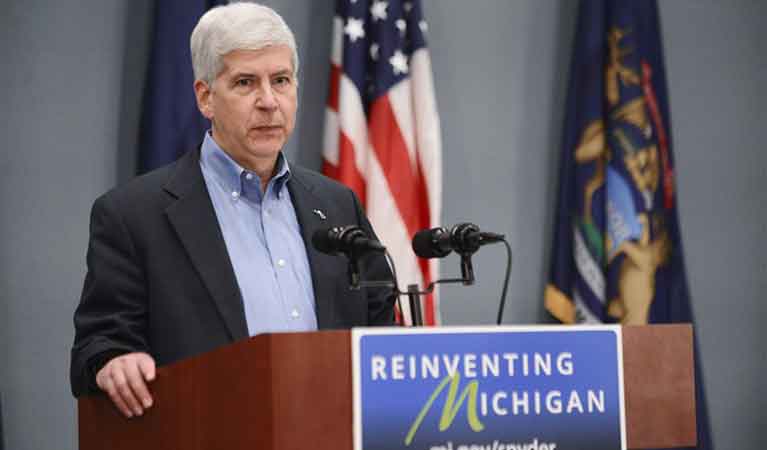Two weeks ago, the state of Michigan closed its legislative session with a last-minute vote on House Bill 4926 which, if passed, would legalize online gambling – that is online casino games, online poker and, eventually, online sports betting – in the state. The legislature and Rep. Brandt Iden, who introduced the bill, were so confident in the odds of having the bill passed after it passed by a tally of 33-5. All that remained was for the piece of legislation to signed by Governor Rick Snyder after which Michigan would officially become the fifth state in the US to legalize online gambling, an industry that is currently live in Delaware, New Jersey, Nevada, and most recently, Pennsylvania.
Unfortunately, waiting until the last minute before he left office, the governor decided to dash the hopes of online gambling fans and potential online gambling operators in the state when he opted to veto the online gambling and online poker legislation. This was a big blow to most of the people who had been following it since the early days.
Why the Veto?
In his response to the matter that was issued in a letter, the outgoing governor said that one of the reasons why he chose not to pass the bill was because he did not think that it was appropriate to sign legislation that would effectively result in more gambling in Michigan. He was also concerned that the state would lose revenue due to shifts by gamblers from the state-run online lottery to the online casinos that were being proposed.
Snyder further said that he appreciated the efforts that the lawmakers put in drafting the bipartisan bill that had the support of both the commercial and tribal gaming entities in the state.
“Due to largely unknown budgetary concerns, I believe this legislation merits more careful study and comparison with how other states have, or will, authorize online gaming,” Gov. Snyder wrote. “To be blunt, we simply don’t have the data to support this change at this time.”
Other gambling-related bills that were vetoed by the outgoing governor included ones that were looking to make changes to the regulation for the state’s commercial casino industry, fantasy sports, and horse racing as well as the charitable gaming act, all of which have been plagued by several issues for years.
Back to the Drawing Board
The legislation process for a potential online gambling industry has been an uphill battle. This is mostly because of the rather rigid nature of the state’s gaming laws that are laid out in the Michigan Gaming Control and Revenue Act of 1996 that legalized three casinos in Detroit. However, the act failed to include casinos that were established on tribal land. Brandt Iden’s bill had finally managed to bring the two – tribal and commercial casinos – into a consensus that would benefit both of them but now that it has been vetoed, he will need to start over and that is exactly what he intends to do. It will not be easy, but he is going to make sure he sees it through – in fact, he intends to even include the much-anticipated sports betting bill when the 2019 legislation session kicks off.







